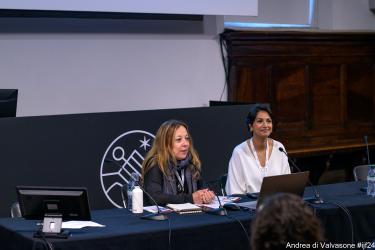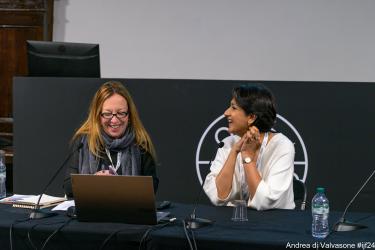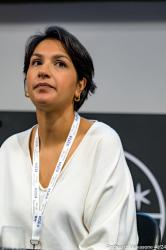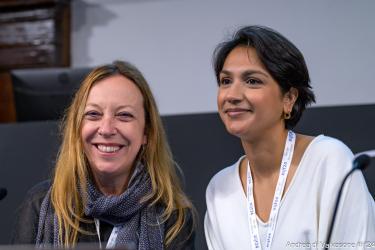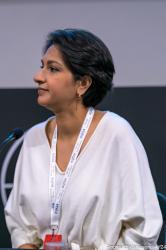The scientific world is not exempt from abuses of power and racist thoughts and practices. On the contrary, as evidenced by the approval of racial laws in the 1930s or the persistence of eugenic movements throughout the 20th century, the scientific world has its biases and contains entire currents of thought and work that align with the most questionable and discriminatory political views.
The investigative work of Angela Saini, a British science journalist, always begins with an analytical approach and delves deep into explaining the roots of gender discrimination, the birth and development of eugenic theories, and in her latest work, the affirmation of patriarchy throughout history. Experiencing discrimination first-hand as a woman and a non-white person, Angela Saini has compiled in her previous books, Inferior (2017) and Superior (2019), a substantial amount of scientific evidence and studies demonstrating that there is no scientific basis for asserting differences between men and women or between people of different ethnic backgrounds. Discriminatory and dominant theories are cultural constructs that have no biological, physiological, or neurological basis, but their affirmation is anything but simple or linear. But we need to understand them and see them, especially when they creep back into the mainstream, as for instance is happening to “race science” in recent years with the growth of the ultra-right white suprematist movements.
Even less linear is the spread of patriarchy throughout history in many different societies and places around the world. Saini's latest book, The Patriarchs (2023), is an in-depth journey that begins with the analysis of early human civilizations and continues to the present day, challenging the idea that male power is motivated by a better ability and performance of men in managing society and community. Gathering genetic and archaeological evidence, going into the field, visiting different corners of the planet, meeting local communities, indigenous populations, and scientists and researchers from many different disciplines, Saini reflects on the connections between the past and the present. Highlighting, for example, that in various ancient civilizations there was not necessarily a binary gender idea and that many matriarchal societies have been destroyed and subverted by the arrival of colonialism.
Her books have caused quite a stir. A part of the scientific community, the more conservative one, has tried to downplay their content. And she herself has been attacked by the world of ultra-conservative right-wing. On the other hand, for many of us, they represent a well-informed, documented point of reference useful for reading and interpreting discrimination in a less simplistic way, recognizing all the complexity that underlies power dynamics in human societies, both past and present.
Angela Saini will be in conversation with Elisabetta Tola.
At the request of at least one of the speakers, this session video will not be placed online.


